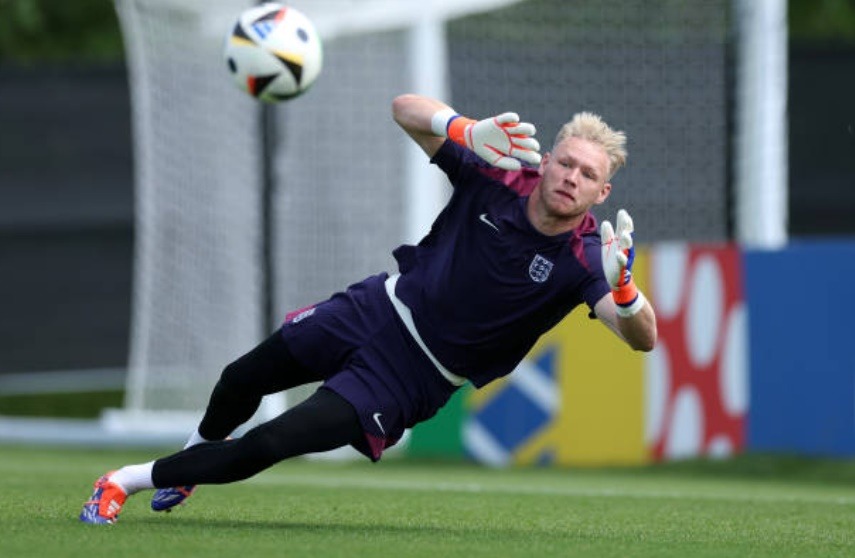In the ever-evolving world of sports, the Premier League has emerged as a true juggernaut, captivating audiences worldwide with its unparalleled excitement, world-class talent, and unrivaled global reach. Originating from humble beginnings, the Premier League has transformed into a cultural phenomenon, transcending the boundaries of the game and becoming a symbol of excellence, innovation, and the relentless pursuit of greatness.
The Early Years: Laying the Foundation
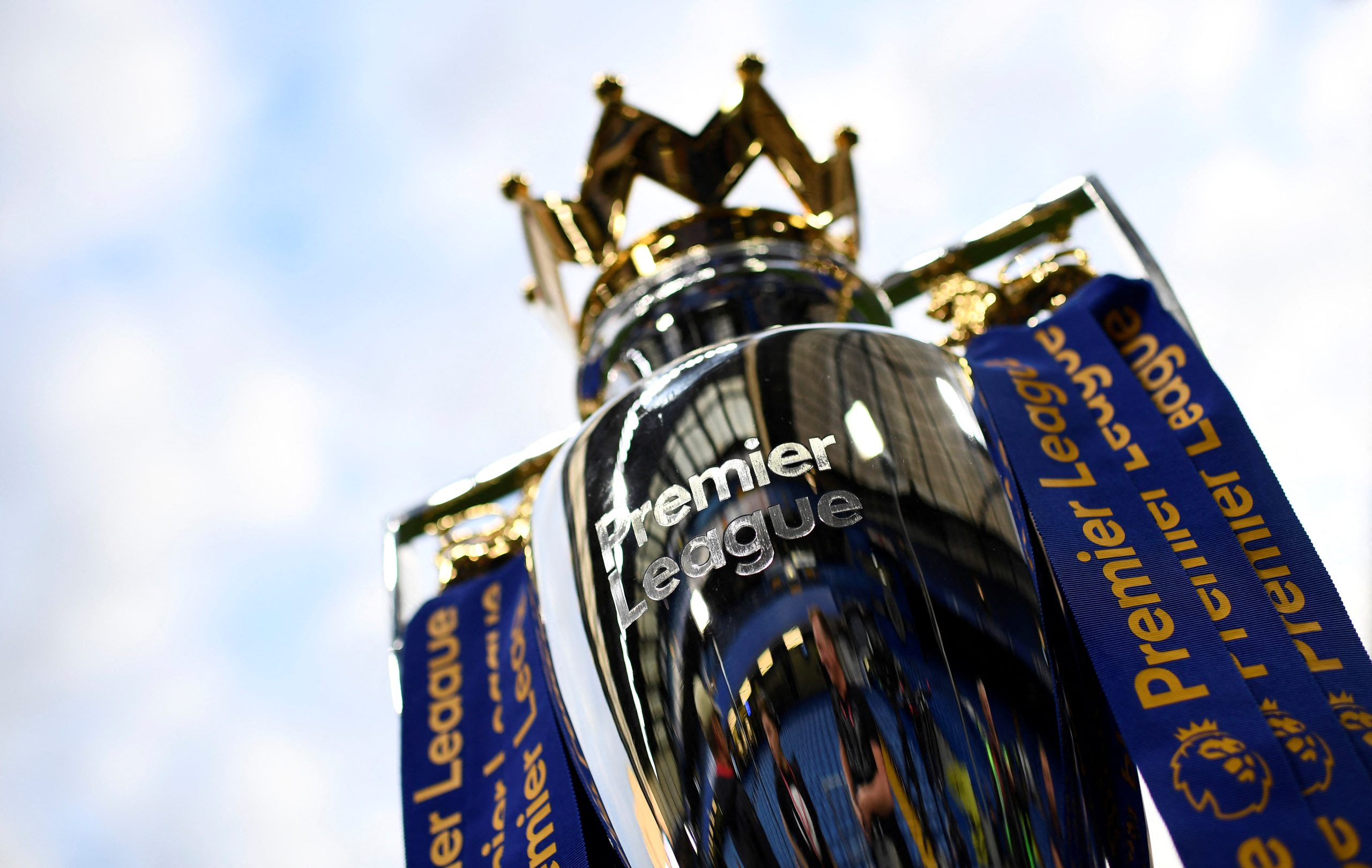
The Founding of the Premier League
The Premier League’s origins can be traced back to the early 1990s, when the top clubs in England sought to break away from the Football League and create a new, more lucrative and commercially viable competition. This bold move was driven by the desire to capitalize on the growing popularity of the sport and the increasing demand for high-quality, televised football.
- The Premier League was officially launched in 1992, with 22 clubs forming the inaugural league.
- The initial season was marked by intense competition, with Manchester United emerging as the first-ever Premier League champions.
The Transformation of English Football
The formation of the Premier League ushered in a new era for English football, one that saw a significant shift in the dynamics of the game both on and off the pitch.
- Financial Transformation: The Premier League’s lucrative television deals and commercial partnerships ushered in a new era of financial prosperity for the top clubs, allowing them to invest heavily in the best players and facilities.
- Improved Stadium Infrastructure: The Premier League mandated the modernization of stadiums, leading to the construction of state-of-the-art facilities that enhanced the match-day experience for fans.
- Increased Global Exposure: The Premier League’s widespread television coverage and marketing efforts drove the league’s global expansion, making it a truly international brand.
The Emergence of Iconic Clubs and Players
The early years of the Premier League witnessed the rise of several iconic clubs and players who would go on to define the league’s legacy.
- The Dominance of Manchester United: Under the leadership of Sir Alex Ferguson, Manchester United established themselves as the Premier League’s pre-eminent force, winning multiple titles and captivating audiences with their attacking flair.
- The Emergence of Premier League Superstars: The league attracted some of the world’s best players, such as Eric Cantona, Alan Shearer, and Thierry Henry, who thrilled fans with their exceptional skills and match-winning performances.
- The Rivalry between Manchester United and Arsenal: The intense on-field rivalry between Manchester United and Arsenal, led by legendary managers Sir Alex Ferguson and Arsène Wenger, became one of the defining narratives of the Premier League’s early years.
The Rise of the Premier League’s Global Dominance
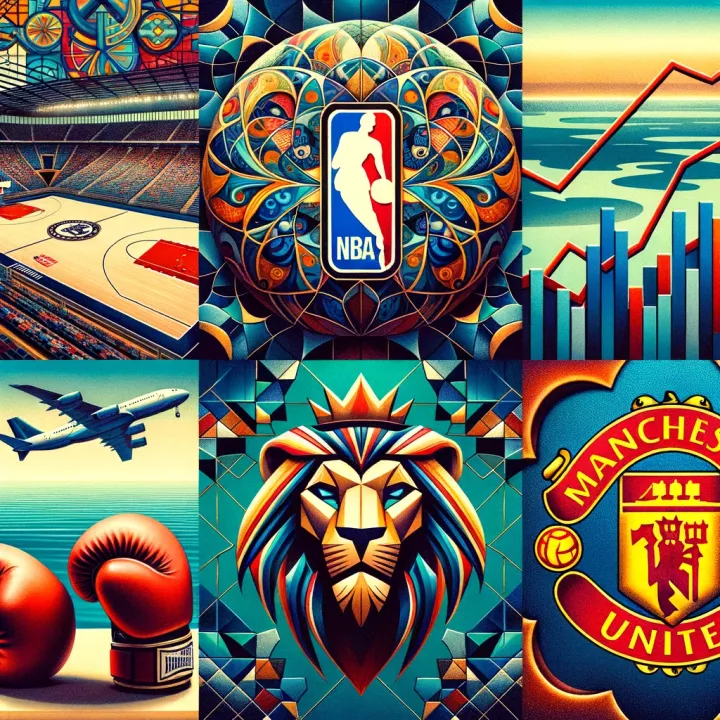
Expanding the Premier League’s Reach
As the Premier League continued to grow in stature and popularity, the league’s leadership embarked on a strategic mission to expand its global reach and cement its position as the world’s most-watched and most-followed football competition.
- International Television Deals: The Premier League negotiated lucrative television deals with broadcasters around the world, ensuring that its matches were accessible to billions of fans globally.
- Targeted Marketing and Branding: The league’s marketing efforts, including the creation of a distinctive brand identity and the strategic placement of Premier League merchandise, helped to solidify its global appeal.
- Fostering International Partnerships: The Premier League forged partnerships with international organizations and entities, allowing for collaborative initiatives that further enhanced its global presence.
The Influx of International Talent
The Premier League’s global dominance was further bolstered by its ability to attract some of the world’s most talented players from diverse backgrounds, transforming the league into a melting pot of footballing excellence.
- Signing of Foreign Superstars: The Premier League’s financial power allowed its clubs to sign world-class players from across the globe, including the likes of Cristiano Ronaldo, Sergio Agüero, and N’Golo Kanté.
- Increased Diversity and Representation: The league’s cosmopolitan nature fostered a diverse and inclusive environment, with players from various nationalities and cultural backgrounds showcasing their skills on the pitch.
- The Impact of Foreign Managers: The arrival of innovative and tactically astute foreign managers, such as José Mourinho, Pep Guardiola, and Jürgen Klopp, further elevated the quality and competitiveness of the Premier League.
The Premier League’s Global Fan Base
The Premier League’s global dominance has been further solidified by its ability to captivate and engage a vast and passionate fan base worldwide.
- Dedicated International Fan Clubs: The league has cultivated a network of official international fan clubs, providing supporters in various countries with a sense of community and a platform to connect with the league.
- Digital and Social Media Engagement: The Premier League’s strategic use of digital platforms and social media has allowed it to reach and interact with fans across the globe, fostering a deeper connection with its global audience.
- Premier League-themed Merchandise and Events: The league’s extensive merchandise offerings and the organization of international fan events have further strengthened its global brand and fan engagement.
The Competitive Landscape of the Premier League
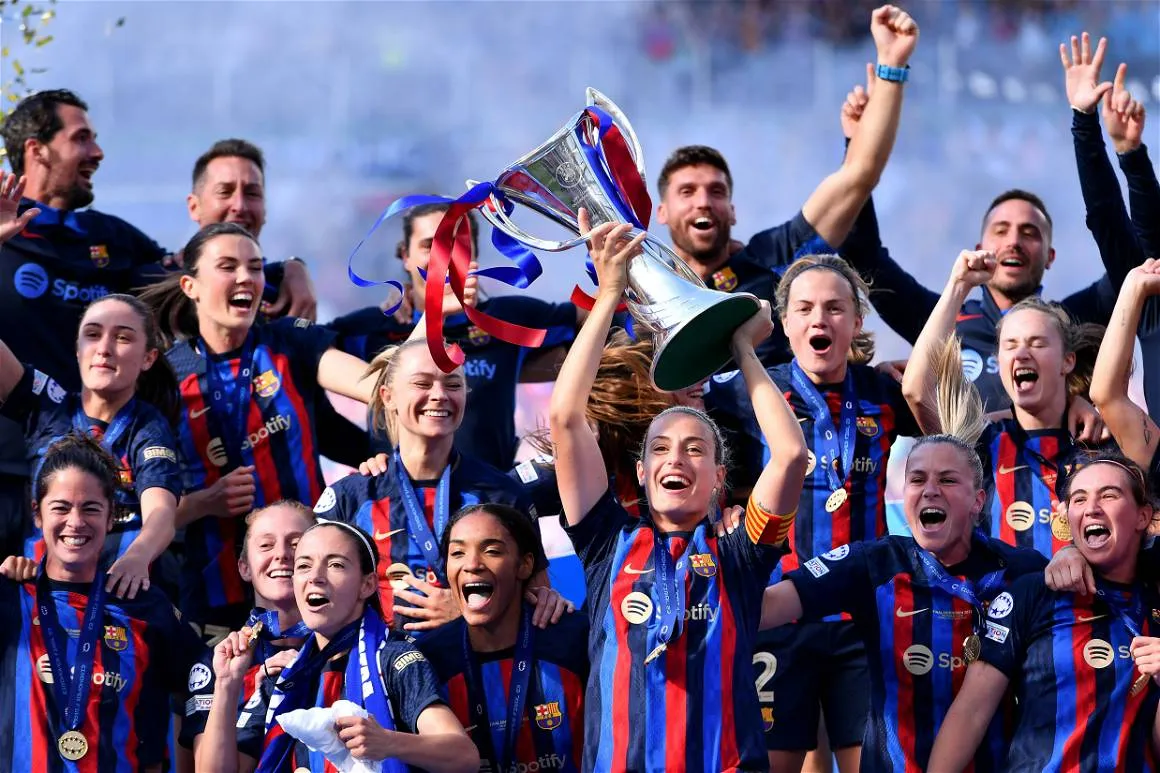
The Emergence of the “Big Six”
The Premier League’s competitive landscape has been dominated by a group of elite clubs, commonly referred to as the “Big Six,” who have consistently challenged for the league title and established themselves as the league’s powerhouses.
- The Big Six Clubs: The “Big Six” clubs in the Premier League are Arsenal, Chelsea, Liverpool, Manchester City, Manchester United, and Tottenham Hotspur.
- The Rivalry and Competition: The intense rivalry and competition between these clubs have fueled the Premier League’s unpredictability and excitement, captivating fans worldwide.
- The Impact of Managerial Changes: The frequent managerial changes within the “Big Six” clubs have added an additional layer of intrigue, with each new manager bringing their own tactical philosophies and player recruitment strategies.
The Rise of “Smaller” Clubs
While the “Big Six” have dominated the Premier League’s landscape, the league has also witnessed the rise of several “smaller” clubs that have challenged the established order and disrupted the traditional power dynamics.
- Successful Underdog Stories: Clubs like Leicester City, Wolverhampton Wanderers, and Sheffield United have defied the odds and achieved remarkable success, captivating fans with their underdog narratives.
- Tactical Innovation and Player Development: These “smaller” clubs have often relied on innovative tactical approaches and astute player recruitment strategies to punch above their weight and compete with the league’s elite.
- The Impact on the Competitive Balance: The success of these “smaller” clubs has contributed to the Premier League’s competitive balance, making the league more unpredictable and exciting for fans.
The Financial Landscape of the Premier League
The Premier League’s financial landscape has evolved significantly, with the league’s lucrative television deals and commercial partnerships driving the unprecedented growth and prosperity of its clubs.
- Increased Television Revenue: The Premier League’s ability to negotiate lucrative television contracts, both domestically and internationally, has provided its clubs with a steady and substantial source of revenue.
- Commercial Partnerships and Sponsorships: The Premier League’s partnerships with leading global brands and sponsors have further enhanced the financial resources available to its clubs, enabling them to invest in player transfers, facilities, and overall operations.
- The Impact of Financial Regulations: The introduction of financial regulations, such as UEFA’s Financial Fair Play, has played a crucial role in maintaining the financial stability and sustainability of Premier League clubs.
The Tactical Evolution of the Premier League
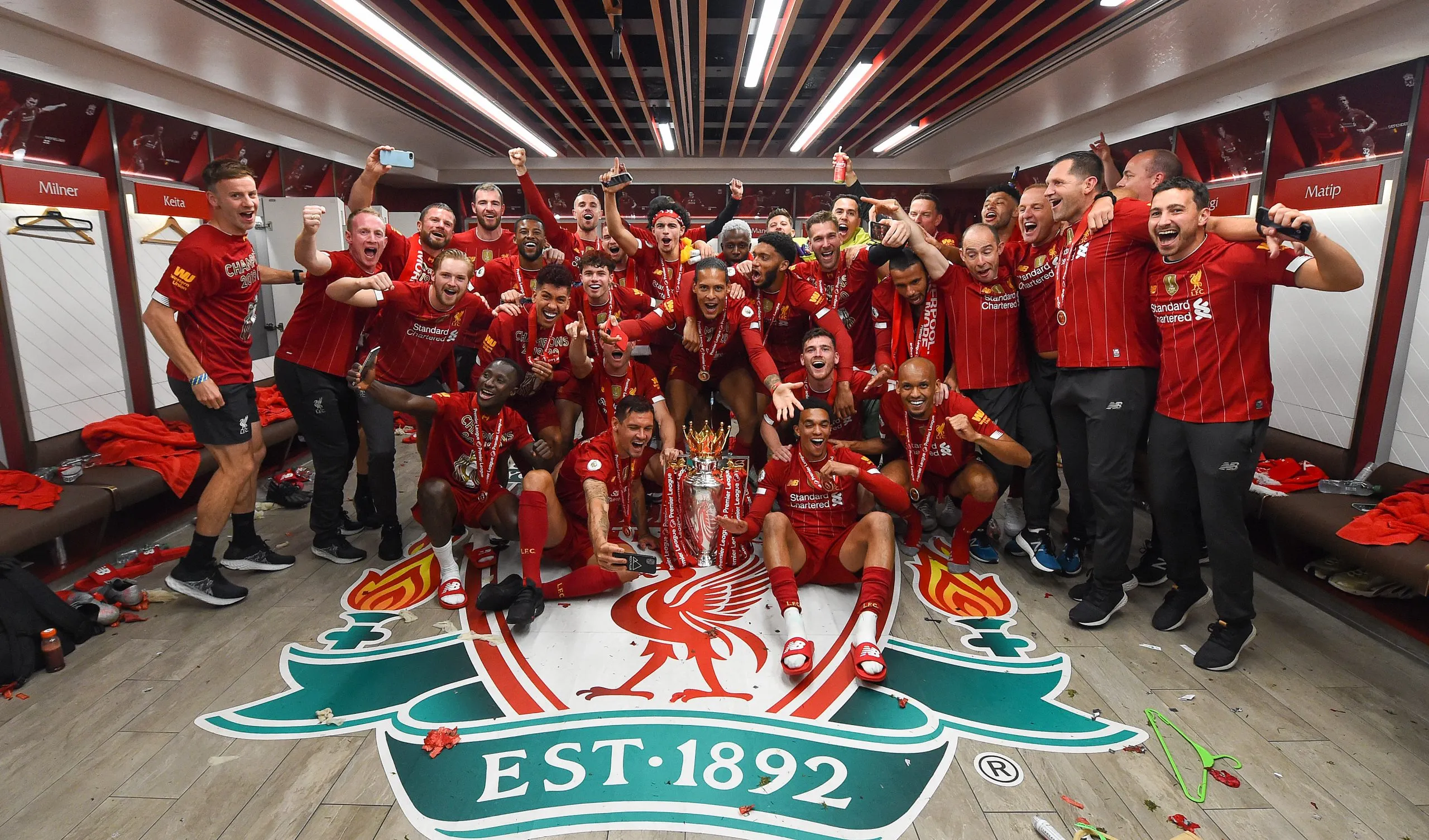
The Influence of Foreign Managers
The influx of foreign managers in the Premier League has been a driving force behind the league’s tactical evolution, introducing new philosophies, playing styles, and innovative approaches to the game.
- The Arrival of Tactical Innovators: Managers like Pep Guardiola, Jürgen Klopp, and Antonio Conte have brought their unique tactical identities to the Premier League, challenging the traditional methods and pushing the boundaries of the game.
- The Emphasis on Possession-based Football: The Premier League has witnessed a shift towards a more possession-oriented style of play, with clubs prioritizing controlled and patient build-up play.
- The Embracement of Advanced Analytics: Premier League clubs have increasingly embraced the use of advanced analytics and data-driven decision-making, informing their tactical approaches and player recruitment strategies.
The Rise of Pressing and Counterattacking Styles
The Premier League has also seen the emergence of high-intensity pressing and counterattacking styles, which have become a hallmark of the league’s tactical diversity and competitiveness.
- The Influence of Jürgen Klopp’s Liverpool: Jürgen Klopp’s Liverpool have pioneered an aggressive pressing game, disrupting opponents’ build-up and creating goal-scoring opportunities through rapid transitions.
- The Counterattacking Approach: Clubs like Chelsea and Manchester United have found success with a more pragmatic, counterattacking style of play, capitalizing on the pace and creativity of their attacking players.
- The Impact on the Spectacle: The Premier League’s embrace of these tactical approaches has contributed to the league’s reputation for thrilling, end-to-end football, captivating audiences with its relentless intensity and excitement.
The Evolving Role of Defenders and Goalkeepers
The Premier League’s tactical evolution has also seen a shift in the roles and responsibilities of defenders and goalkeepers, who have become increasingly integral to the overall team strategy.
- The Importance of Ball-playing Defenders: Premier League clubs have placed a greater emphasis on signing defenders with exceptional technical abilities, allowing them to contribute to the team’s build-up play and ball progression.
- The Emergence of Sweeper-Keepers: Goalkeepers in the Premier League have taken on a more proactive role, acting as an additional outfield player and contributing to the team’s possession-based approach.
- The Impact on Defensive Solidity: The evolution of defensive roles has led to a greater emphasis on tactical discipline and defensive organization, with clubs striving to achieve a balance between attacking fluency and defensive resilience.
The Premier League’s Impact on Global Football

The Premier League’s Influence on Player Development
The Premier League’s global reach and reputation have had a profound impact on the development of players worldwide, attracting the best young talents and providing them with a platform to showcase their skills.
- The Allure of the Premier League: Young players from across the globe aspire to play in the Premier League, drawn by the league’s prestige, competitiveness, and opportunities for personal and professional growth.
- The Premier League’s Youth Development Initiatives: Premier League clubs have invested heavily in their youth academies, nurturing and developing the next generation of footballing talent.
- The Export of Premier League-Developed Players: The Premier League has become a breeding ground for world-class players, with many of its academy products going on to excel at the highest levels of the game globally.
The Premier League’s Impact on Tactical Evolution Worldwide
The Premier League’s tactical innovations and the success of its clubs have had a ripple effect on the global football landscape, influencing the playing styles and approaches adopted by teams and leagues around the world.
- The Emulation of Premier League Tactics: Managers and clubs worldwide have been inspired by the tactical approaches and philosophies employed in the Premier League, leading to the adoption and adaptation of these methods in their own leagues.
- The Premier League as a Benchmark: The Premier League’s reputation for high-intensity, entertaining, and tactically sophisticated football has set a new benchmark for excellence, with other leagues striving to emulate its standards.
- The Globalization of Tactical Trends: The Premier League’s prominence has facilitated the rapid dissemination of tactical trends and innovations, allowing them to be adopted and refined by clubs and national teams across the world.
The Premier League’s Contribution to the Growth of the Global Game
The Premier League’s global dominance has had a transformative impact on the overall development and growth of the sport of football worldwide.
- Increased Investment and Infrastructure: The Premier League’s success has inspired increased investment in football infrastructure, facilities, and development programs in various countries, contributing to the sport’s global growth.
- The Promotion of Football’s Commercialization: The Premier League’s commercial prowess and its ability to generate substantial revenue have served as a model for other leagues and organizations, driving the commercialization and monetization of the sport on a global scale.
- The Premier League’s Role as a Cultural Phenomenon: The Premier League has transcended its sporting boundaries, becoming a cultural phenomenon that has captivated audiences worldwide and inspired a new generation of football enthusiasts.
Conclusion
The Premier League’s rise to global dominance is a testament to its unwavering commitment to innovation, excellence, and the relentless pursuit of greatness. From its humble beginnings in the early 1990s to its current status as the world’s most-watched and most-followed football competition, the Premier League has consistently pushed the boundaries of the sport, captivating audiences worldwide with its unparalleled excitement, world-class talent, and unrivaled global reach.
As the Premier League continues to evolve and adapt to the ever-changing landscape of the beautiful game, its impact on the global football ecosystem is undeniable. The league’s influence on player development, tactical evolution, and the overall growth and commercialization of the sport has set a new standard for excellence, inspiring leagues and clubs around the world to strive for the same level of success and prominence.
The Premier League’s journey to global dominance is a story of resilience, innovation, and the power of the human spirit to achieve greatness. It is a testament to the enduring appeal of the beautiful game and the unparalleled ability of the Premier League to captivate and inspire audiences worldwide. As the league continues to push the boundaries of what is possible in the world of football, the future of the Premier League remains a thrilling and boundless prospect, promising even greater feats of excellence and global dominance.
